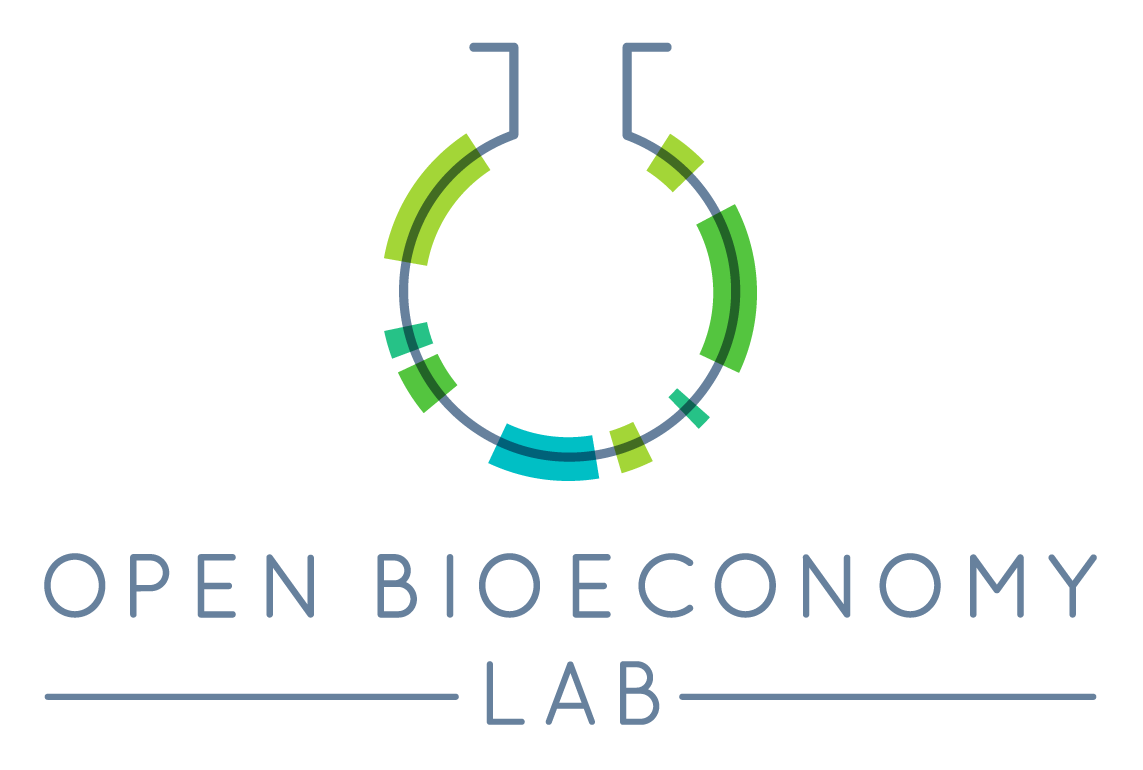The Open Bioeconomy Lab is on a mission to make biotechnology accessible, sustainable, and inclusive. By focusing on open-source solutions, the lab seeks to provide affordable and locally-produced biotech tools and resources to researchers, educators, and innovators worldwide. Based at the University of Cambridge and led by an interdisciplinary team, the Open Bioeconomy Lab is reshaping the bioeconomy with projects that emphasize ethical, open, and equitable access to biotechnology.
Goals and Vision
The Open Bioeconomy Lab addresses critical issues in biotechnology by developing open-source resources that can be produced and distributed in resource-limited settings. Their work enables low-cost, localized production of essential scientific reagents and equipment, removing the dependency on expensive and imported resources. Their mission is to empower laboratories around the world, especially in low- and middle-income countries, with tools to drive sustainable and locally-driven biotechnology.
Key Projects
Some of the lab’s significant projects include:
- Open Enzyme Collection: A repository of enzymes essential for molecular biology, designed to be manufactured locally.
- Open Yeast Collection: A collection of yeast strains to support synthetic biology research, enabling sustainable and low-cost biochemical production.
- Open Diagnostics: A suite of open-source diagnostic tools for detecting infectious diseases, tailored for accessibility and field use in developing regions.
- Plasmid Repository: Provides essential DNA tools for genetic engineering, distributed openly to promote collaborative research.
Global Impact
The Open Bioeconomy Lab collaborates with organizations worldwide to ensure that its resources are beneficial and accessible to the communities that need them most. By creating open-source repositories and training materials, they support the global scientific community in building a more resilient and self-sustained bioeconomy.
For more information about the Open Bioeconomy Lab, visit their official website.

